Constitutional lawyer Anne Twomey warns of bill’s free speech risk
Constitutional expert Anne Twomey has warned the Albanese government to be cautious its proposed laws to combat misinformation don’t become a cure ‘worse than the disease’.
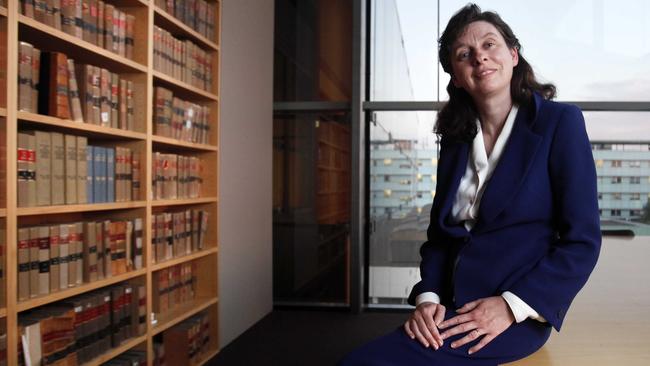
Constitutional expert Anne Twomey has warned the Albanese government to be cautious that its proposed laws to combat online misinformation don’t become a cure that is “worse than the disease”, raising concerns that the bill will undermine freedom of speech.
Professor Twomey has criticised the draft legislation for being “virtually impossible to properly implement”, citing provisions in the bill that would exempt content produced by governments, education institutions and mainstream media outlets and material that was intended as parody from being labelled as misinformation as the most problematic.
The eminent legal scholar, who served on the Constitutional Expert Group that advised on the voice referendum, acknowledged that the “wildfire” spread of unchecked misinformation and disinformation posed a threat, but said the bill in its current form was a “fiasco”.
Professor Twomey dissected the bill, which will grant the Australian Communications and Media Authority the power to fine social media giants millions of dollars for misinformation and content it deems “harmful”, last month in her video lecture series Constitutional Clarion.
“We need to be very, very cautious that the cure does not end up being worse than the disease,” she said in one video.
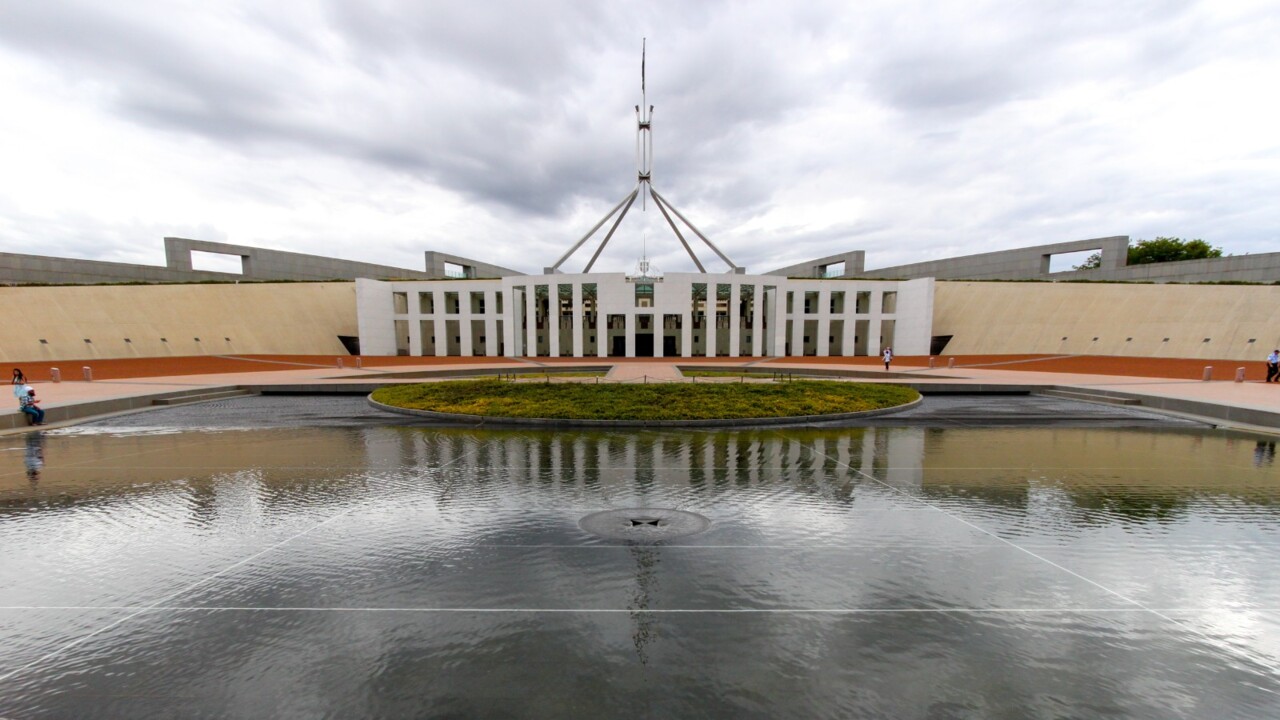
“I mean there is a serious risk that in combating misinformation and disinformation we seriously undermine freedom of speech, which is a pillar of that system of democracy that we’re trying to defend. And by restricting or knocking down that pillar, we might actually make the situation even worse than the problem that we’re trying to cure.”
Under the bill digital platforms would continue to be responsible for moderating content but ACMA would be empowered to seek information about the measures they were taking to address online misinformation and disinformation, and develop a stronger form of enforcement if self-regulation failed.
Communications Minister Michelle Rowland has said the bill aimed to “strike the right balance” between protection from harmful misinformation and free speech by bringing greater transparency to how platforms tackle misinformation.
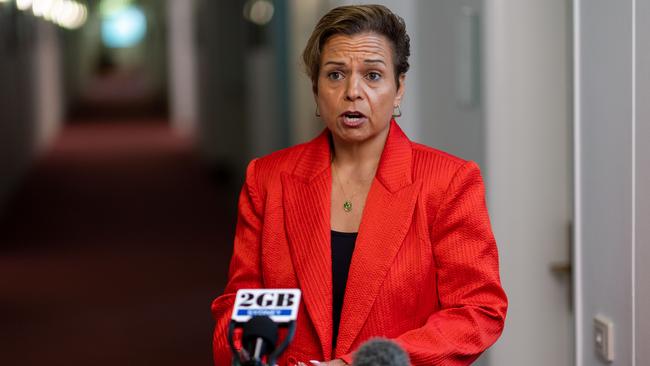
Professor Twomey said pervasive pieces of misinformation were often cited in government materials, textbooks and news articles.
She cited the widespread myth that Aboriginal people were considered flora and fauna until the 1967 referendum, the evolution of medical advice through the Covid-19 pandemic and misleading reports that emerge during wartime that are later debunked as common instances where misinformation is spread by governments, the media and academia.
“The whole of this draft bill is written in a way that from a practical point of view would make it virtually impossible to properly implement,” Professor Twomey said.
“In the end you would have to imagine that the digital platform would just have to go over the top and wipe out anything it thought was going to cause trouble, regardless of any of these distinctions that are made.”
She said ACMA would effectively at an “underlying level” be making the assessment of what constituted misinformation and disinformation because of its role in enforcing digital platforms.
“It seems to be a bit of a fiasco, it needs to be far more properly thought through and far more practical in its terms to be able to make a system that is effective,” she said.
Professor Twomey also questioned why the bill “outsourced” the decision making on what content constitutes misinformation to social media giants rather than ACMA, saying that she was “also very unhappy about these organisations having that power”.
Opposition communications spokesman David Coleman said Professor Twomey was “right to use the word fiasco when describing this bill”, adding that Professor Twomey‘s analysis ”demolished” the bill’s key aspects.
“As the Human Rights Commission, the Law Council of Australia and other experts have observed, there are profound problems with this legislation,“ Mr Coleman said.




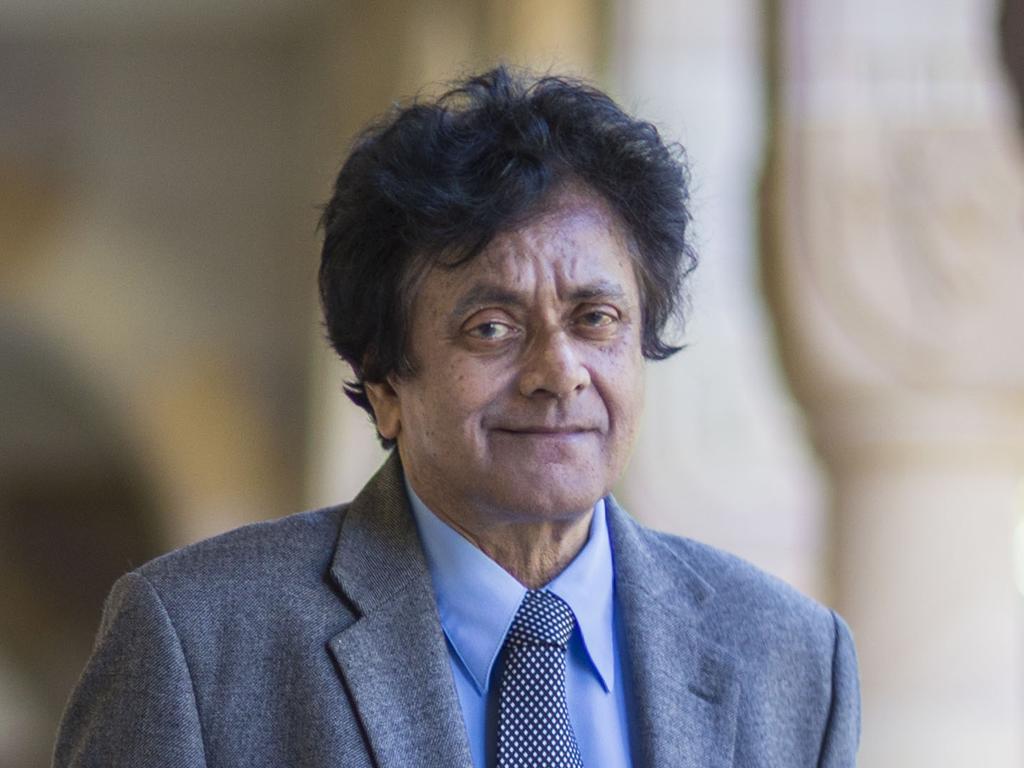
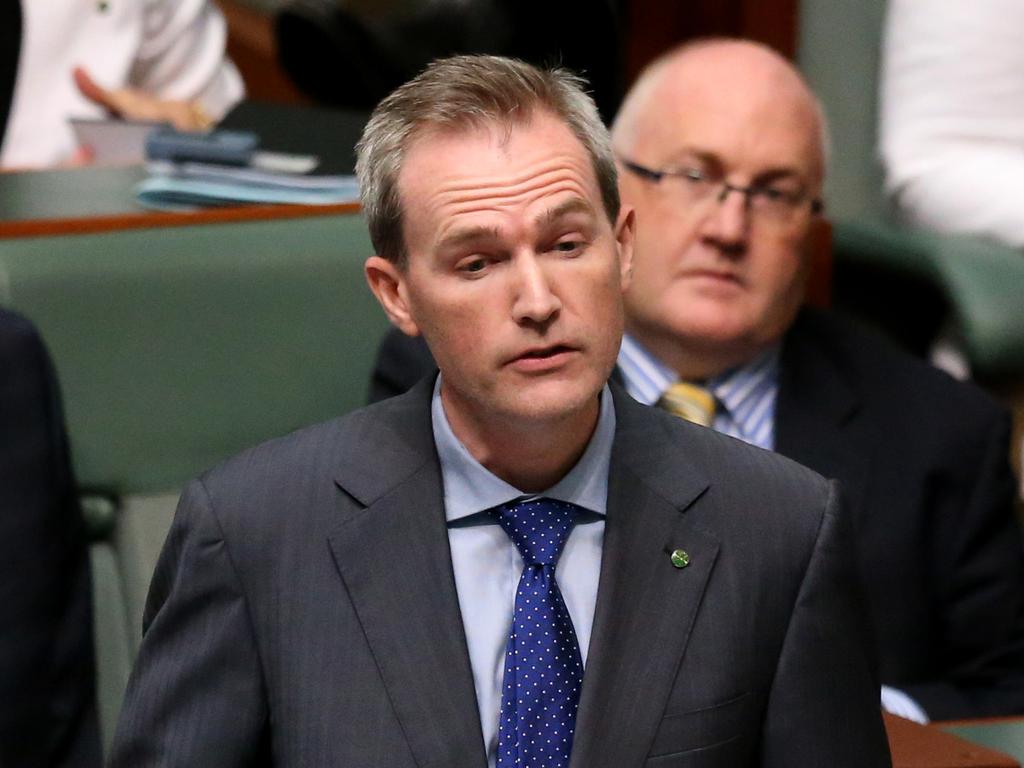


To join the conversation, please log in. Don't have an account? Register
Join the conversation, you are commenting as Logout